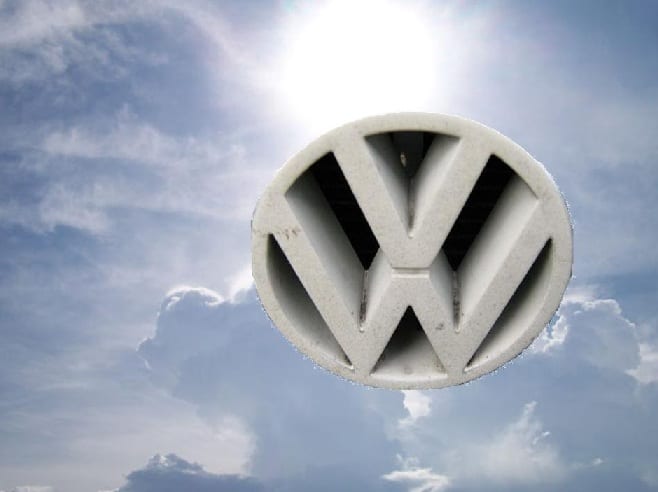
Unsubsidized solar energy faces bright future
January 29, 2013Unsubsidized solar energy could see major progress in Europe
The European solar energy industry is likely to see major growth in the coming years, according to analysts from UBS, a global investment banking firm. UBS analysts note that socket parity — when the cost of installing solar energy systems is more affordable than grid-sourced energy supplies — is becoming more common throughout the European market. This could be very good news for unsubsidized solar installations, making this form of alternative energy more available to a wider range of consumers.
Energy prices continue to fall in the European market
Energy prices through Europe have been on the decline for more than a year. This is largely due to the fact that several European countries are aggressively adopting alternative energies like solar and wind power. Growing demand for solar energy has led to a spike in the supply of solar panels and other technologies, thereby causing a dramatic fall in the cost of solar energy systems. UBS expects that unsubsidized solar energy systems will reap major benefits from this trend as it continues in the future.
Solar energy quickly becoming affordable for consumers
For the past two years, much of the growth that the solar energy industry has seen has come through heavy financial support from Europe’s governments. These governments, particular that of Germany, have invested significant amounts of money to see solar energy become a more viable alternative to traditional forms of power. As solar energy becomes more capable and accepted, it is becoming less reliant on government subsidies. Soon, consumers will no longer have to take advantage of subsidized solar energy systems because they will be able to afford these systems without the help of government parties.
UBS expects prices to drop well into 2020
UBS predicts that power prices in Europe will hit an all-time low in 2020. This will largely be due to the fact that several countries are abandoning fossil-fuels in favor of alternative energy. Germany, in particular is working to move away from its use of coal, hoping to replace this fossil-fuel with comprehensive solar energy systems for both the government and the country’s residents.



 With over 15 years of reporting hydrogen news, we are your premier source for the latest updates and insights in hydrogen and renewable energy.
With over 15 years of reporting hydrogen news, we are your premier source for the latest updates and insights in hydrogen and renewable energy.